As our energy bills have been climbing higher and higher, we’ve all been left feeling a little uneasy about turning up our thermostats. Because every little helps, we've gathered some of our designer's top tips on how you can heat and insulate your home in a more cost-effective way using interior design techniques.
We’ve got some quick and easy wins, some mind tricks and even some prep you can do for next winter. Take a look and see which tips may be useful to you and your home.
Want an interior designer's eye on your home? Book a room design from just £395:
Quick wins that will help you maximise your heating
-Mar-14-2023-04-27-54-9237-PM.webp?width=1920&height=1250&name=Post%20image%20landscape%20(10)-Mar-14-2023-04-27-54-9237-PM.webp)
It may sound obvious but always remember to keep your doors and windows closed where possible to keep the heat in and even turn off radiators in rooms you’re not using. For example, if you work from home you don’t need to heat every bedroom in the house throughout the day.
Next, think about any gap you have around doors and windows. They may not be the sexiest addition, however, you should consider using draft excluders to block any drafts and keep the temperature warm and comfortable. You can get some removable, self-adhesive and even soundproof draft excluders on Amazon for less than £8.
Make the most of your radiators! Avoid blocking the heat by manoeuvring your furniture far enough away from the radiators to allow them the space to heat the room.
Radiator covers are your enemy during the winter months. Instead of blocking in the heat why not replace this with a shelf above the radiator? This way you can still pop items down and keep the functionality but you won’t restrict heat from entering the space.
Our designers can transform your home to suit your and your family's home. Book a room design from just £395 today:
.webp?width=1920&height=1250&name=Post%20image%20landscape%20(13).webp)
Use fabric layers in your home to help create as much thermal insulation as you can. Choose soft fabrics like flannel, wool, and velvet to add texture and warmth to your home. Add thick throws in your living and bedrooms to create cosy home comfort and include soft rugs to cover cool floors. Plus if you live in an old home these rugs can fill in any gaps in the floorboards.
One trick that is really handy, (especially if you have big open spaces on either side of your chimney breast) is to install shelves to store items or to showcase your personality, which simultaneously will insulate the walls from the cold.
Windows and window dressings
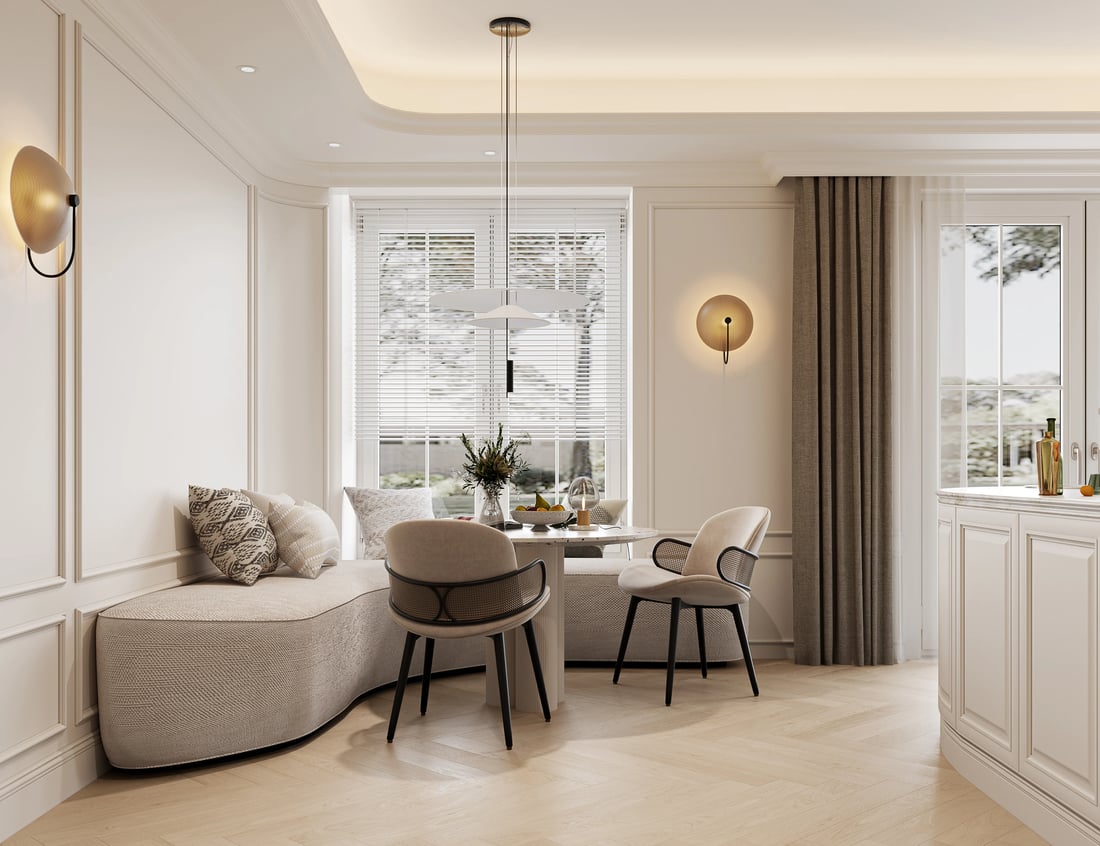
The insulation that window dressings can provide is seriously underrated. The obvious option is to add thick blackout curtains or other types of heavy, draped fabric to block the cold air, especially in your living and bedrooms. However, if you really want to utilise window dressings then we suggest doubling up and installing both blinds and curtains - as many layers as you can to block out the cold and keep in the warm.
When installing curtains we suggest curtain tracks rather than poles as they are often better at filling the gap and blocking draughts, however, French-style poles can also help you achieve this as they bend at either end meaning that the curtains can be brought back, really close to the wall, keeping the heat in and minimising draughts.
Avoid blocking your radiators with long curtains. If you have a window above your radiator make sure the curtains finish around 10cm under the windowsill so you keep the cold out and the radiator heating the room.
In long and thin windows, consider Roman blinds as their thick material and heavy window cover will help keep your home warm and toasty. However, keep in mind that they do block the light considerably and can make your space feel a lot darker.
Shutters are also excellent at insulating! Our Head of Customer Success, Jess, shut her slats up each evening to keep the heat in overnight when there will be no heating on and claims it works wonders in keeping her home warm.
Book a free and easy online call with one of our experts to see if our service is right for you:
Trick your mind into thinking it’s in a warm cosy home
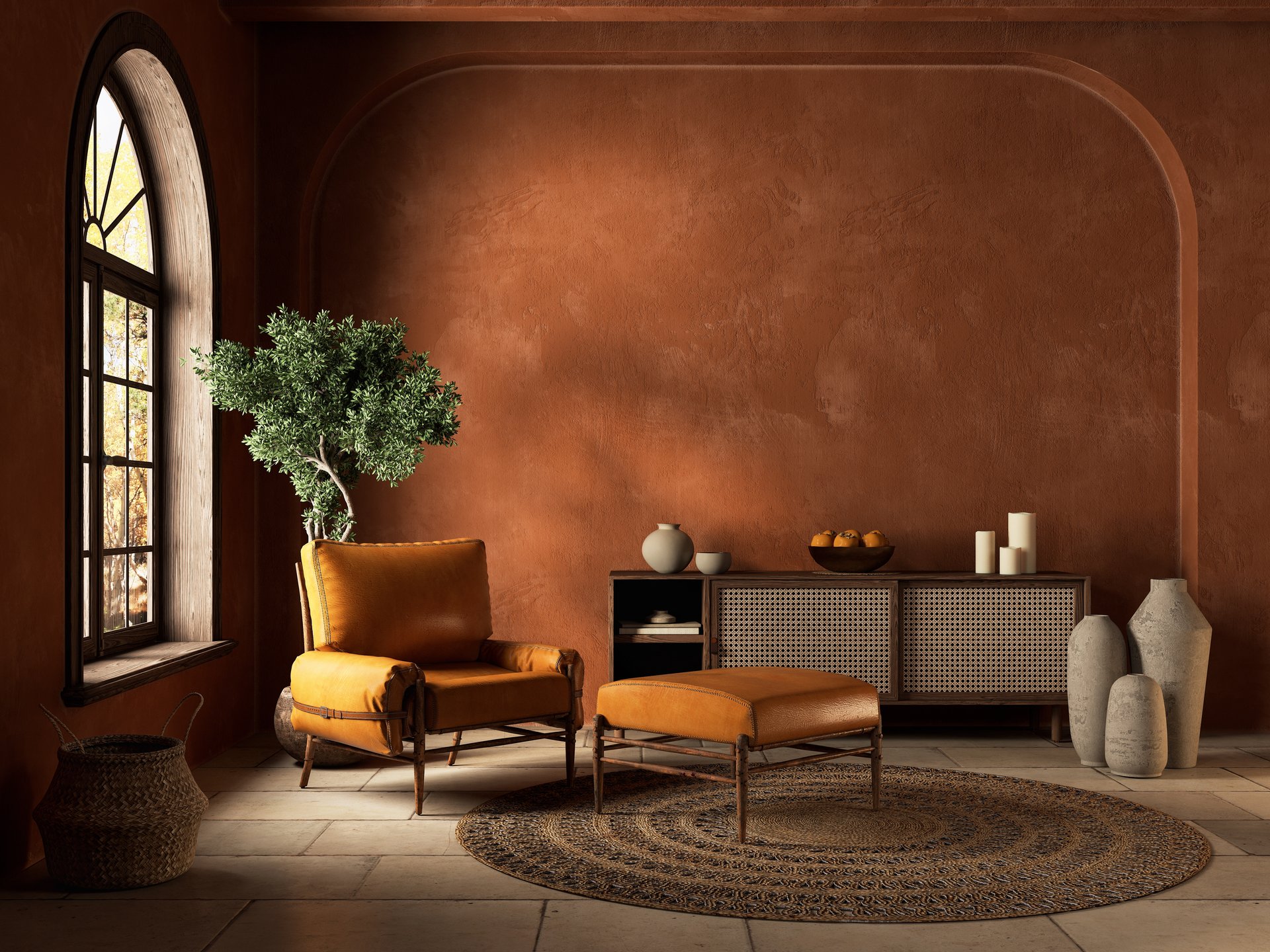
The human mind is incredible but also very susceptible to suggestion. Bear with me here! You can create a cosy home in a space by using design elements to trick your mind into thinking the space is warmer than it is.
Fill your home with warm-coloured items like reds, yellows, and oranges to give it a warmer feel plus a really perky pop of colour never hurt anyone. You can add some of these colours through throws, curtains, pillows and rugs or even through textured wall hangings. You may choose to put up wallpaper that has subtle hints of these colours running through.
When you think of warmth we often think of glowing candlelight so guess what we suggest? Candles and low-level lighting! Use lots and lots of candles around your home (within reason!) to make glowing feature points throughout your home that make you feel all warm and fuzzy inside. These candles may also add a little more warmth from their glow but really it’s houseplants around your home that will act as better and natural air purifiers keeping the air warm.
Finally, place lamps around the room to create a snug atmosphere in your cosy home. Make sure they have warm bulbs with a yellow rather than white hue to add to that candlelight glow. You can also reflect more light by using mirrors to bounce the light around the room which is a great way to give yourself extra light without spending too much more on electricity bills.
Bigger changes to prepare your home for next winter
-3.webp?width=1920&height=1250&name=Post%20image%20landscape%20(36)-3.webp)
If you don't have one already then install a programmable thermostat to keep your home at a comfortable temperature.
Don’t forget to get your boiler serviced to reassure you that it’s working to capacity and bleed radiators to ensure they are working to the best of their ability.
Try to maximise your insulation in your home by sealing any cracks and gaps where heat could escape, add extra insulation in your loft and walls and even consider installing foam seals around windows and doors to reduce drafts.
Many of us bought de-humidifiers last summer for the heat wave, now see if it has a humidifier function to add moisture to the air and make it feel warmer.
And lastly, if you want to invest in the heat of your home then we recommend installing a wood-burning stove or a log burner to keep your home warm during winter without spending extra on your heating bills.
Want our help to make your home more functional, cosy and beautiful? Fill out a quick and easy brief to start transforming your home!


.png)
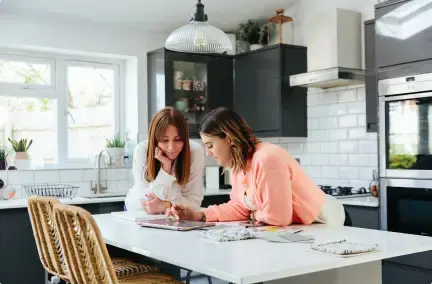





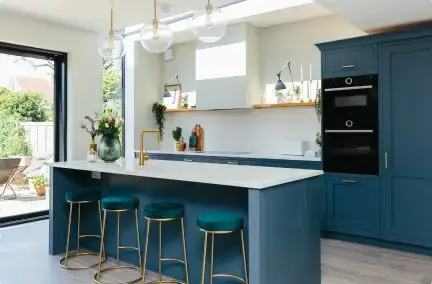
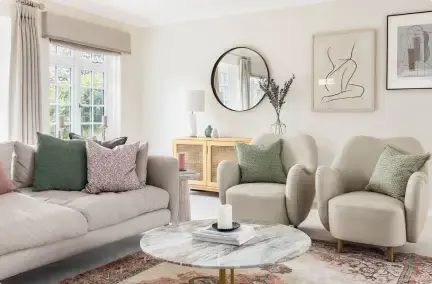
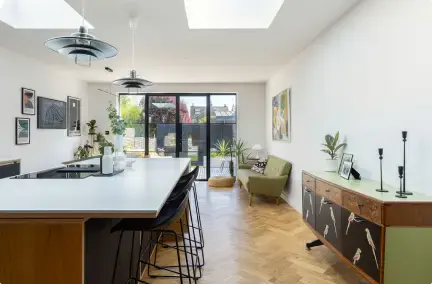
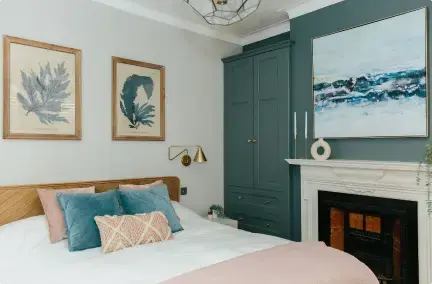
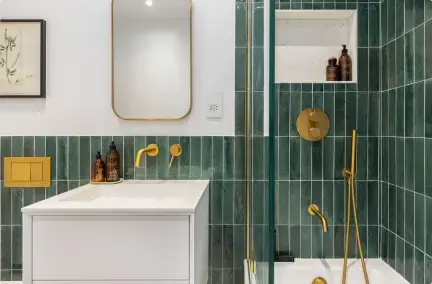
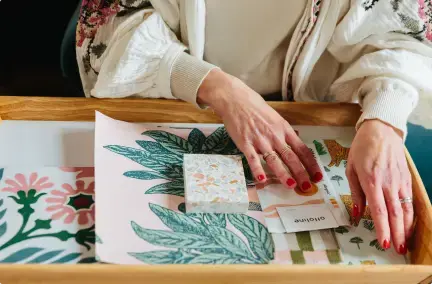
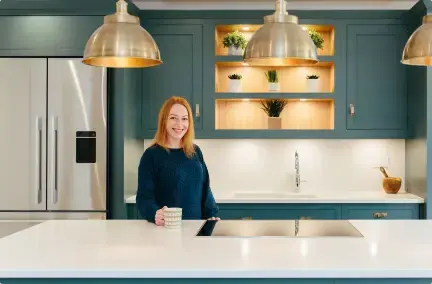
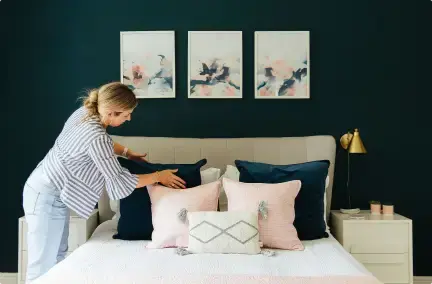
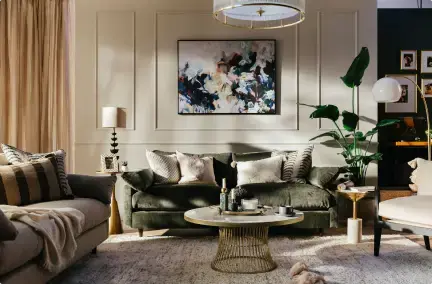


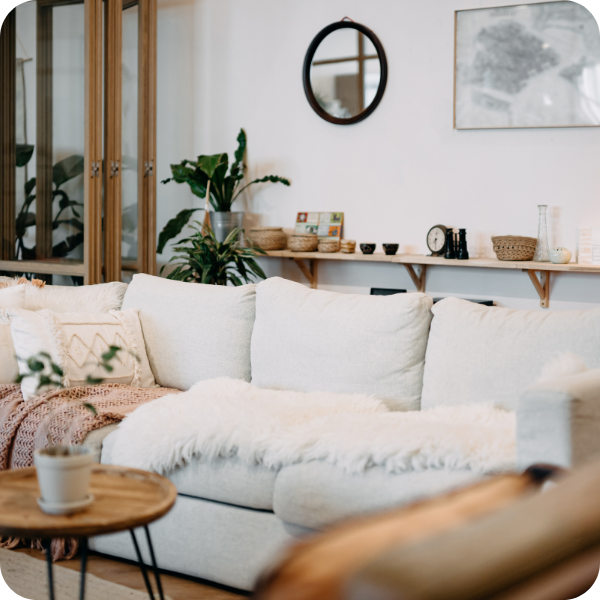
.png)



 Subscribe
Subscribe

-1.png?height=300&name=Untitled%20design%20(16)-1.png)
-2.png?height=300&name=Untitled%20design%20(15)-2.png)